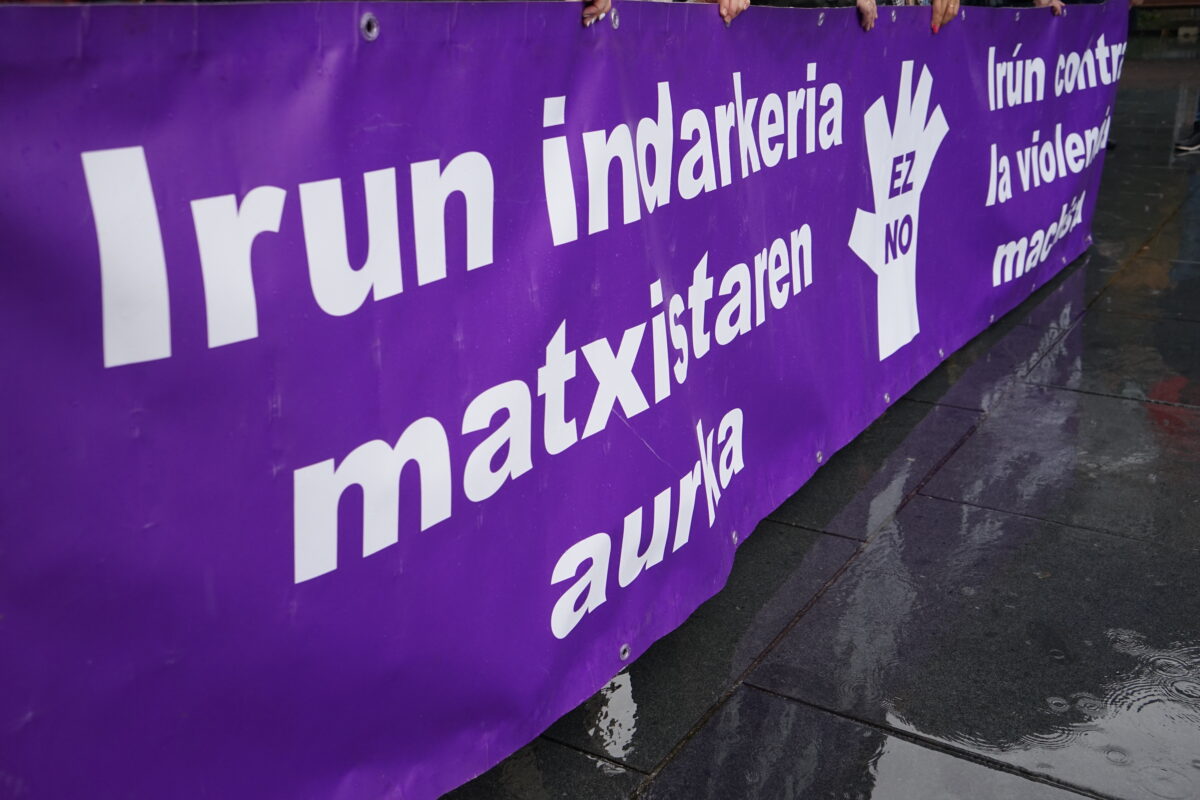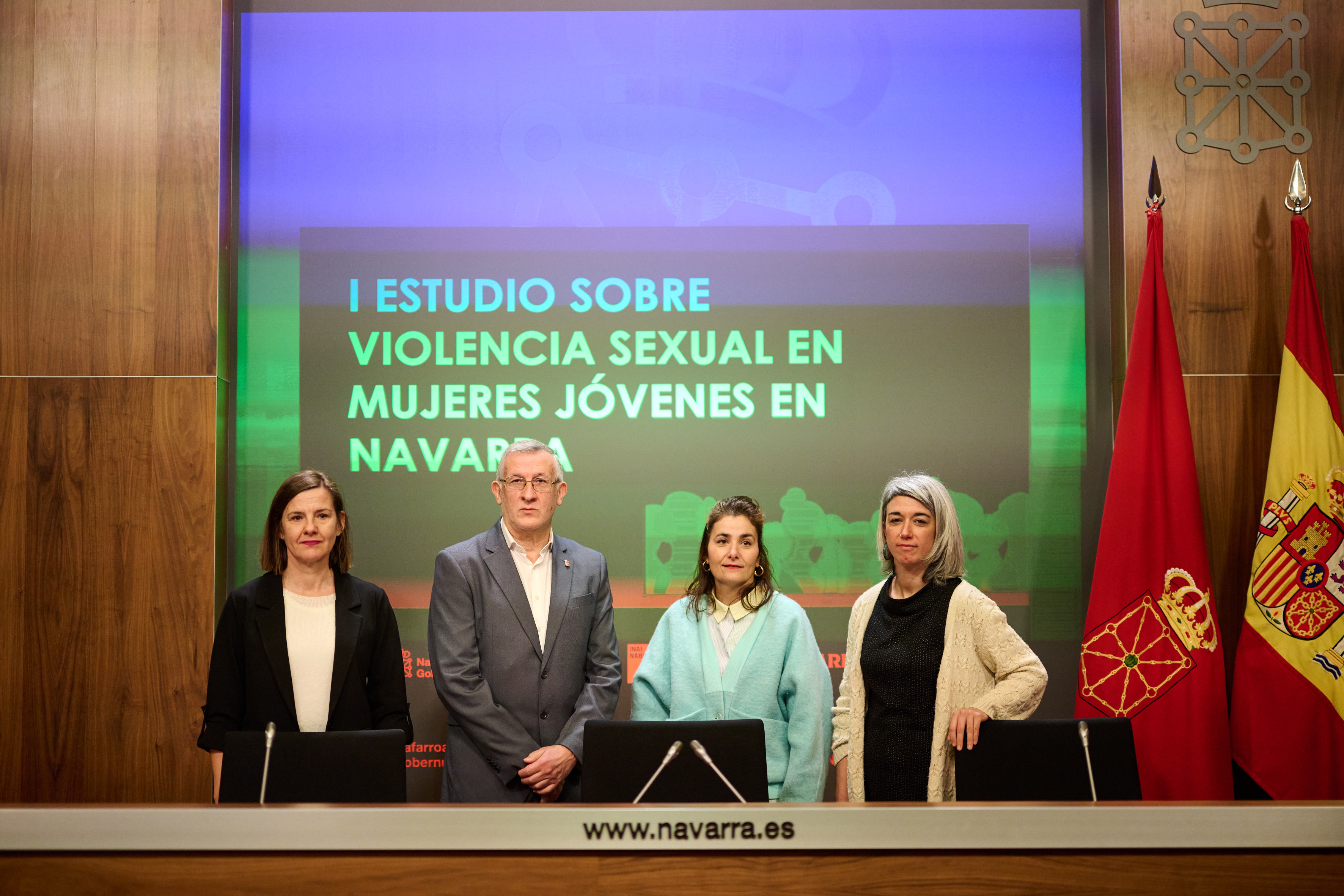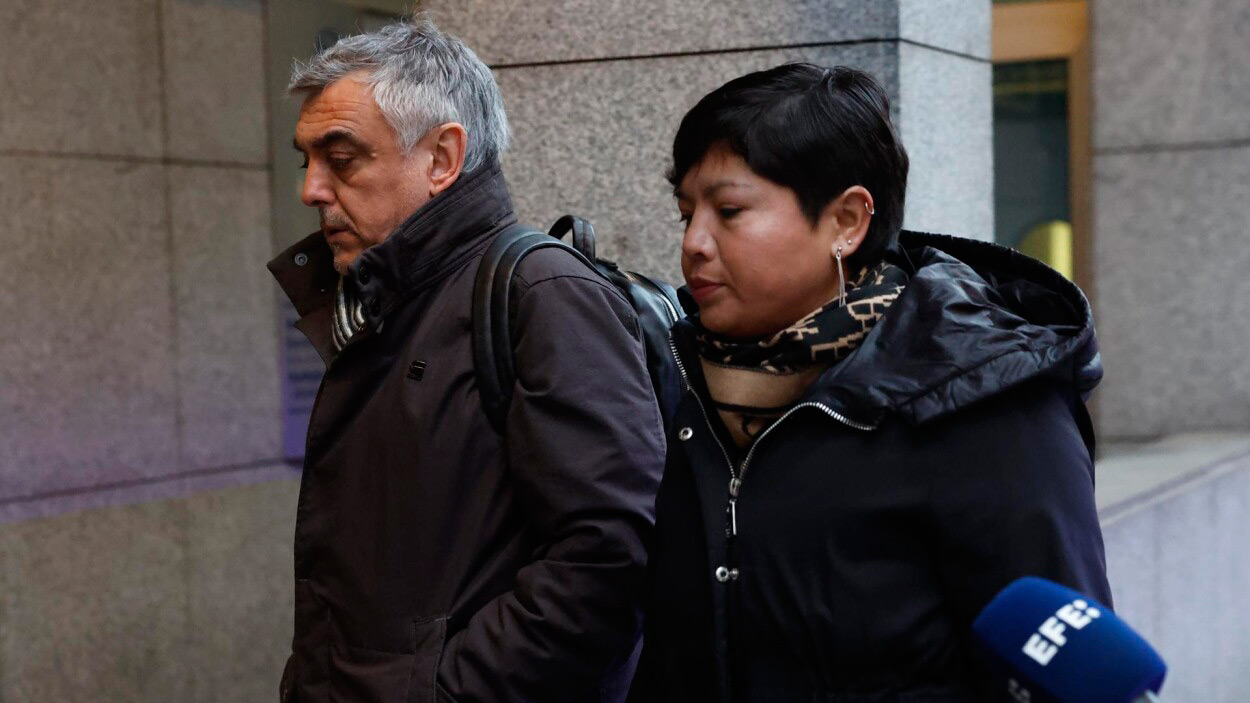Director Roman Polanski was greeted with shouts and protests at the Paris Caesar Awards
- In 2013, Samantha Geier reported being raped by filmmaker Roman Polanski in 1977 at the age of 13. Since then, other women have also dared to report. Now the controversy opens as her new film, J'accuse, has been nominated for 12 Caesar Awards from the French State Film Academy.

Franco-Polish filmmaker Roman Polanski has been shouted from “Polanski rapist” and “complicit”. His last film, making a nod to the letter written by Émile Zola at the end of the 19th century, unleashed the controversy surrounding the nominations for the César Awards of France.
Over 400 French actors and directors have also published a letter in Le Monde magazine calling for reform of the French Film Academy. The President of the Academy, Alain Terzian, has stated that the awarding of prizes must be made "regardless of moral issues".
Many years of struggle
It is nearly five decades since the first violation complaint against Polanski was published at the National Court. In 1978 he had to leave the United States, where justice was sought; and since he had French nationality, the State opposed his extradition.
The woman who denounced being raped in 1975, Valentine Monnier, has published a letter denouncing the presence in these awards of Polanski's last film. In this film he said that he had committed a "flagrant" of qualifying as a victim and stressed that he raped her when she was only 15 years old.
Small gestures in solidarity with victims
The appointment of Polanski has raised many controversies and has revived the debate on the distinction between artist and person. Last August, the gesture made by Lucrecia Martel, president of the jury of the Venice film festival, became famous. Also then Romanski’s new film received nominations, but Martel refused to attend the screening, “in solidarity” with the victims.
We learned this week that the Court of Getxo has closed the case of 4-year-old children from the Europa School. This leads us to ask: are the judicial, police, etc. authorities prepared to respond to the children’s requests? Are our children really protected when they are... [+]
Bi erizainetatik batek lanean eraso sexistak jasaten dituela azalerazi du Erizainen Ordenak joan den urte bukaeran egin ikerketak. 21.000 erizainek ihardetsi dute, sektore pribatu, publiko eta liberaletik. Hauetan 2.500 gizonak dira.
Today, the voices of women and children remain within a culture that delegitimizes their voices, silencing their experiences, within a system aimed at minimizing or ignoring their basic rights and needs. A media example of this problem is the case of Juana Rivas, but her story... [+]








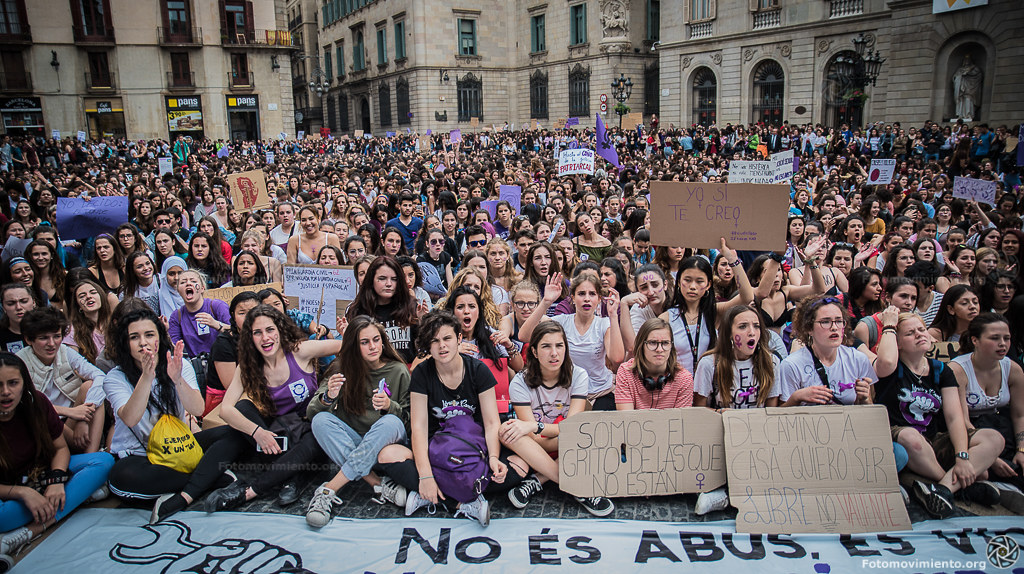

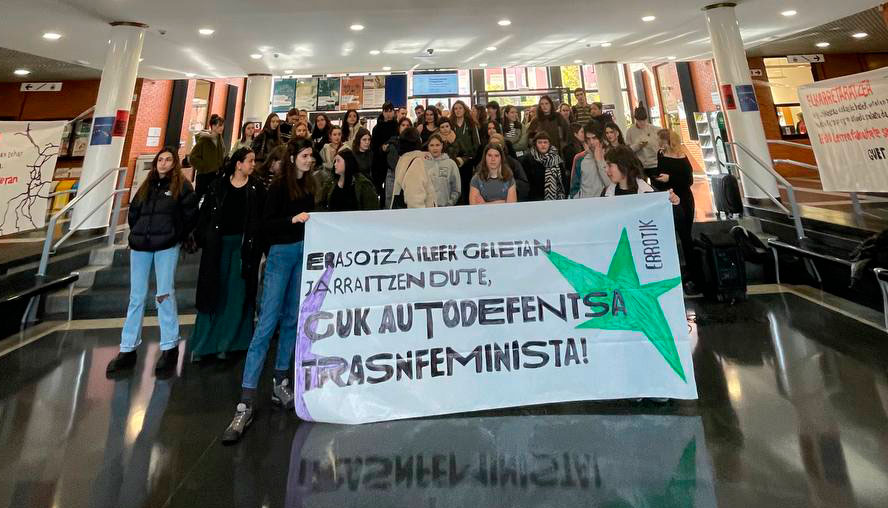
_2.jpg)
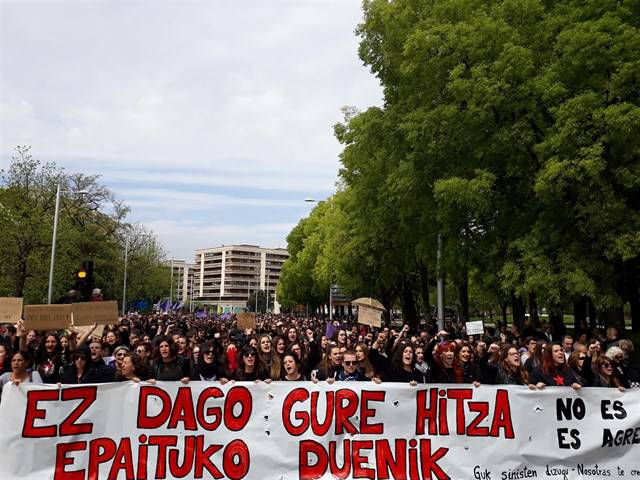
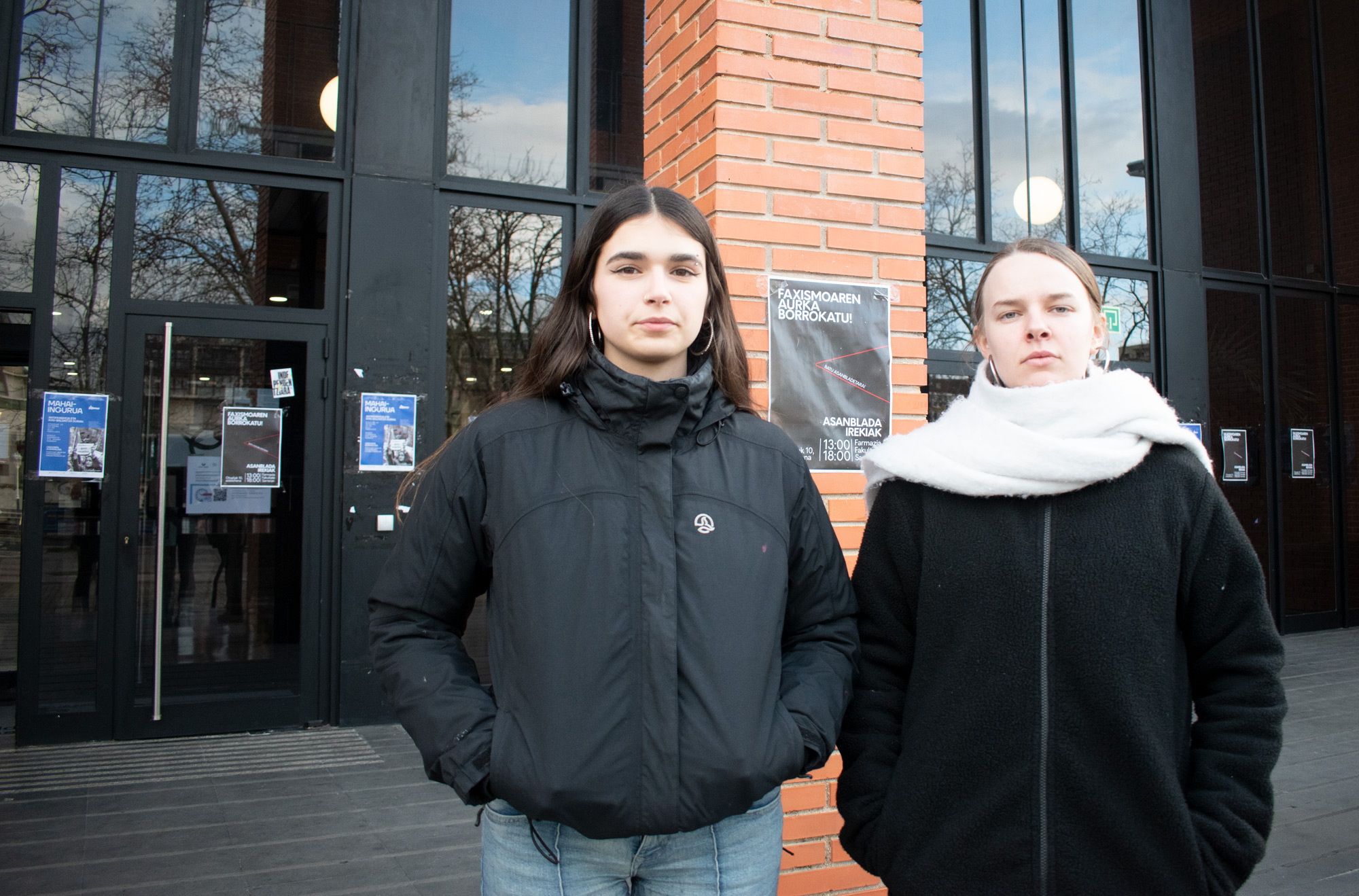
_2.jpg)
